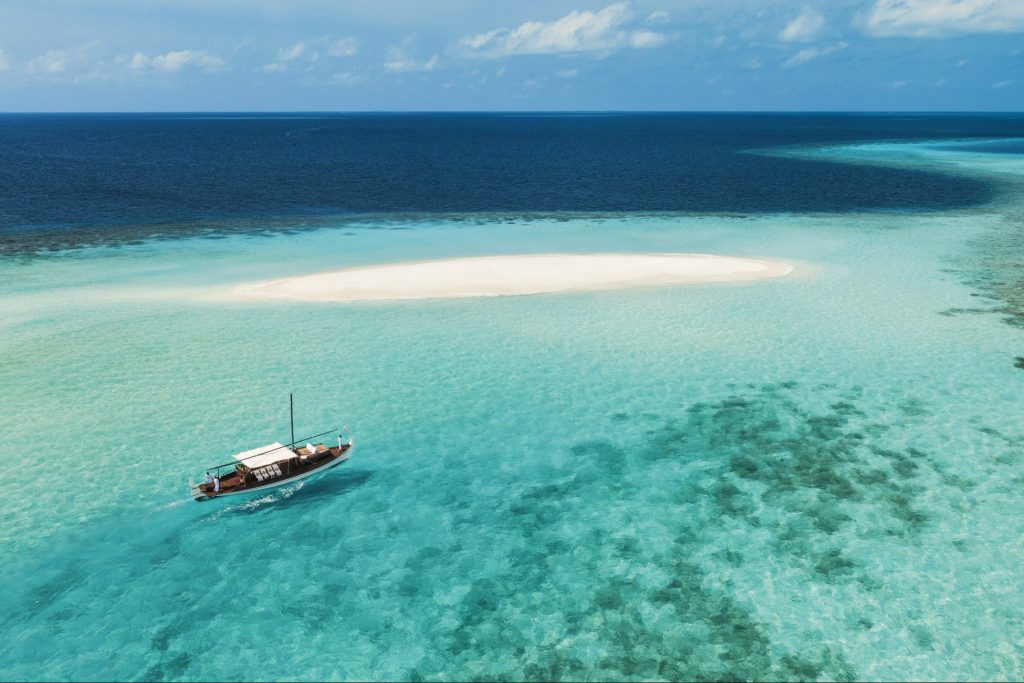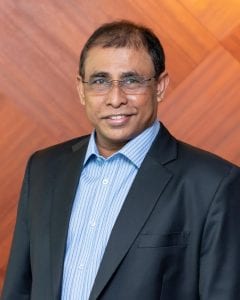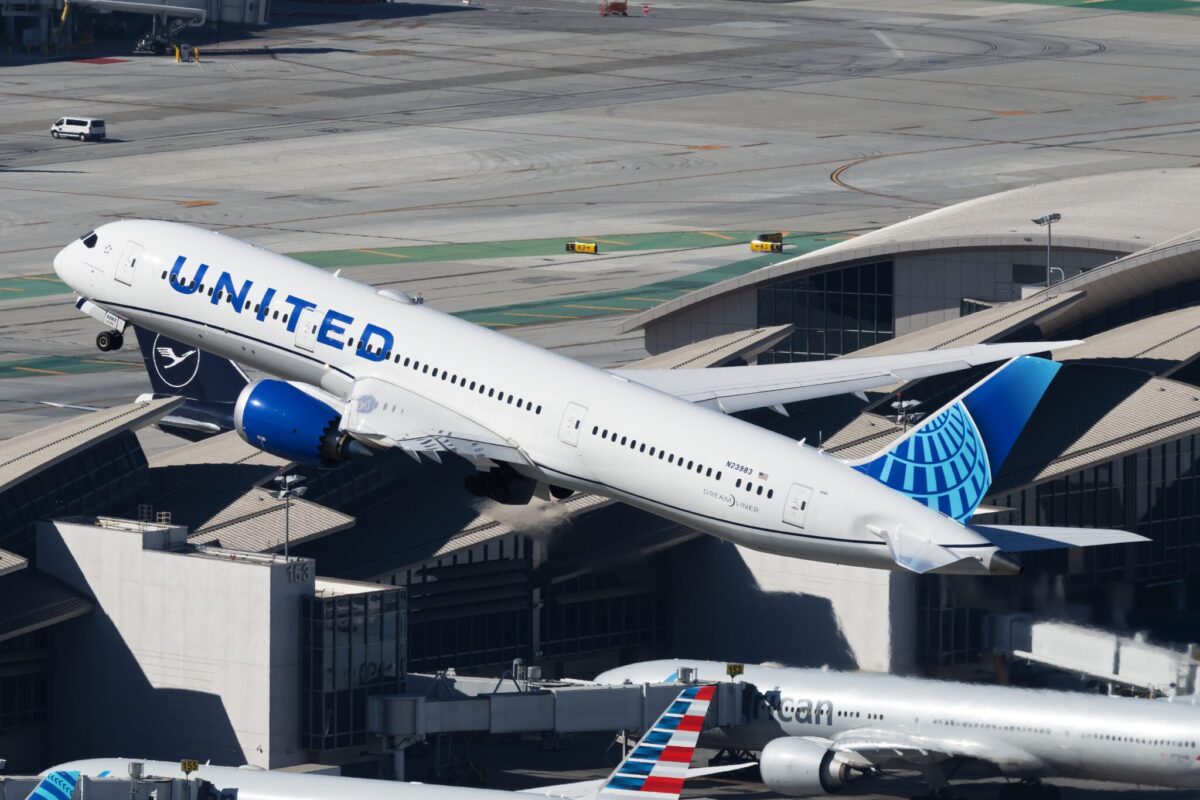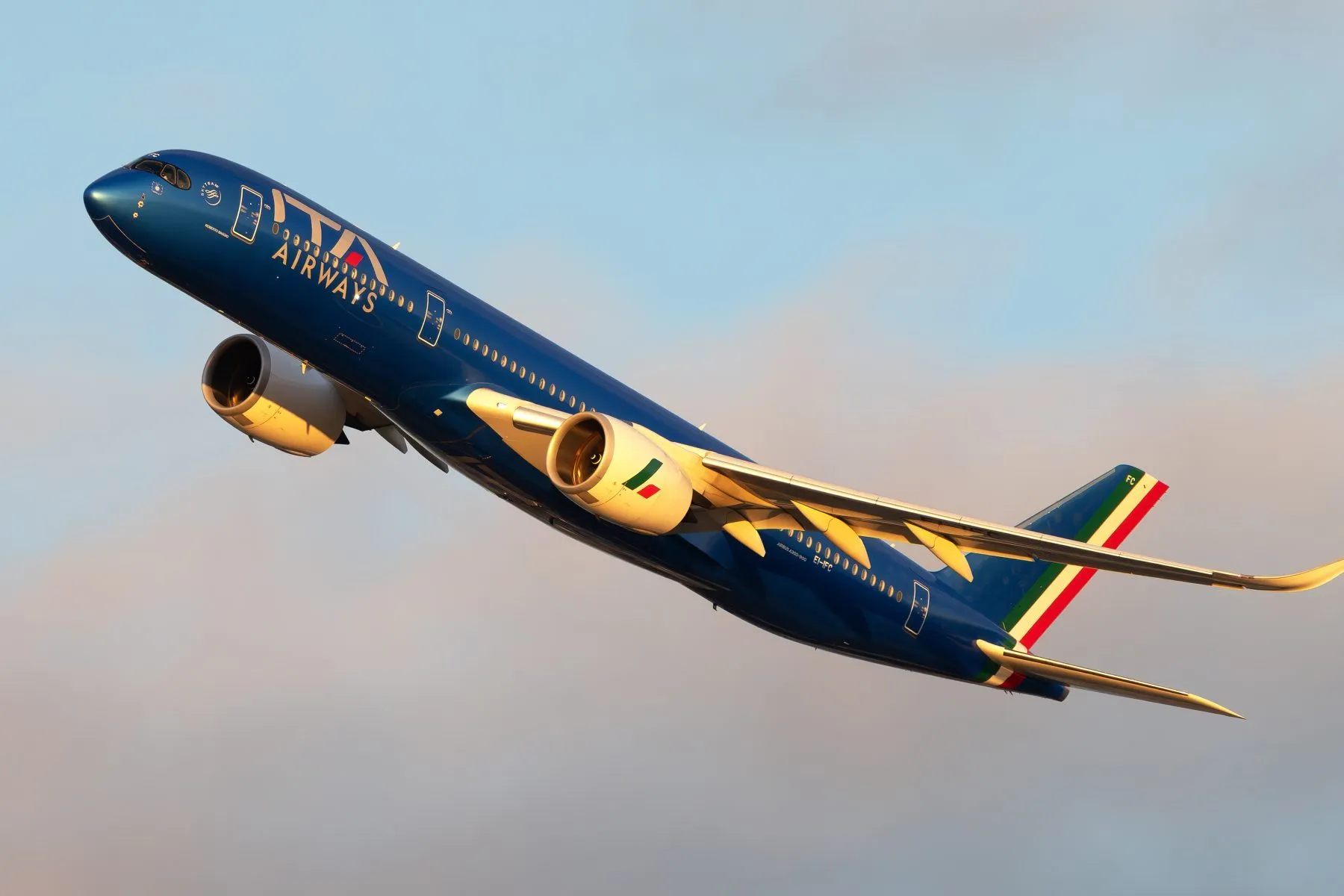Maldives Woos Investors to Build New Longer-Stay Tourism Models

Skift Take
Its tourism recovery within grasp, the Maldives is now competing hard for the attention of investors and has moved swiftly to enhance government incentives aimed at encouraging them to create and build new tourism models in the archipelago.
If investors bite, the future may see a more diversified Maldives tourism offering, and a more balanced development between central and far-flung atolls, and between luxury and affordable tourism.
Recent news of a bombing assassination attempt on former Maldives president and current parliamentary speaker Mohamed Nasheed may cloud investors' appetite. But Maldives has grappled with extremism for years.
The tourism pitch remains strong: the models include new integrated resorts, the leasing of private islands for residential purposes, and real estate developments with strata villas for long-stay tourism and/or individual investors.
These are expected to open wider opportunities for branded or non-branded residences, time-share developments and home-share possibilities. Owners investing $250,000 are eligible for a five-year resident visa, which is extendable.
Another significant reform in the 10th Amendment to the Tourism Act, which was ratified by the president towards the end of 2020 and published in the government gazette recently, is the lowering of rent rates in the northern and southern atolls to boost development in these areas.
There are also new opportunities to develop hotels/guesthouses and community-based tourism projects in inhabited islands. This is aimed at giving locals more ownership of tourism development and enabling tourists to experience local cultures and affordable holidays in the Maldives.
As a start, the government, through the Ministry of Tourism, is inviting investors, local or foreign, to bid for 16 out of a planned 28 islands this year. The collection ranges from the classic islands of eight to 10 hectares that typify the Maldives' one-island, one-resort concept, to small islands of less than three hectares which can be reclaimed to 10 hectares (one hectare contains about 2.47 acres). There are also clusters of islands in the same lagoon, where different facilities can be built on the each, and plots of land in uninhabited and inhabited islands.
Creativity
It's also an invitation for investors to be as creative as they like, as many have in the past in fielding innovative products that help put the Maldives on the map as an aspirational destination, said Maldives Tourism Minister Abdulla Mausoom.
“People are becoming ever creative with designs and concepts and we have to keep up the tempo so that the Maldives remains a top destination of the world,” he told Skift.
Casinos, however, are off-limits although there is “a huge debate” about it. “The main concern is the Maldives is not a casino destination. But some argue that if investors want to develop casinos, why not give them the permission? At the moment, it is not permitted,” said Mausoom.
Gambling isn't likely to rest well in the Muslim country, while social issues that may arise from it are without doubt also a consideration.
Besides, the Maldives has real worries other than keeping its product offering fancy. The pandemic has created more choices for investors and a country that depends on tourism growth like the Maldives can ill-afford to take a back seat. Tourism is 70 percent of direct and indirect GDP, with fisheries as the second largest industry.
“There is a lot of choice out there right now for a buyer,” said Nihat Ercan, senior managing director and head of investment sales Asia-Pacific for JLL Hotels & Hospitality.
“Globally and regionally, there is increasingly more product in the market. And so the challenge for the Maldives is the distraction of other opportunities coming their way, and these buyers [comprising high net worth individuals, corporates and owner operators] have limited resources to evaluate opportunities and be able to conclude.”
That said, Ercan is seeing “a resurgence of interest” in the Maldives this year compared with 2020 from Asian, Middle Eastern and European investors who are anticipating a strong recovery in leisure travel on the back of pent-up demand. He said the latest amendments are well-timed, and further demonstrate to investors that the Maldives continues to be “dynamic” and “progressive” on tourism investment legislation and favor more direct investment to come in.
“That much-needed money can then be utilized towards reinvestment in the population and the infrastructure, as well as in the tourism industry,” said Ercan.
JLL has just brokered the sale of Sun Resorts’ Kanuhura Maldives to Singapore-based Hotel Properties Limited, better known as HPL, for an undisclosed sum. HPL already owns several resorts in the Maldives, including an InterContinental, two Four Seasons, a Holiday Inn and a Six Senses.
The deal, the first open-market sale completed since the start of the pandemic, is expected to be completed by July 31.
Changing Sentiment
Investors' sentiment this year is different from last year, said Ghaly Murthala, managing director, Morteza Capital, a boutique hotel investment, development and advisory firm specializing in hospitality and real estate investments in the Maldives.
“A lot of investors that we're in touch with have been sitting on the fence since last year, waiting to see how the market performs, and whether there is light at the end of the tunnel. But this year, we're seeing a lot of optimism from investors on potential market recovery given the Maldives' performance last year and this year,” said Murthala.
The Maldives has positive numbers to show for its early and safe reopening stratagem in July 2020. In the first three months of this year, arrivals totaled 298,570, just 22 percent short of the total in January-March 2020.
“We're hopeful that arrivals will reach 1.5 million this year, which is about 200,000 short of [the pre-pandemic level] in 2019, and bed nights of around 10 million, also a bit short of 2019's level, but one good thing is that people are staying longer,” said Mausoom.
More remarkably, the average room rate soared by 44 percent to $783 in 2020, from $544 in 2019, according to Morteza Capital's data.
The rise in both room rate and length of stay helped soften the decline in average occupancy in 2020 to 32 percent, from 65 percent in 2019.
By year-end 2020, about 93 percent of pre-existing supply of resorts were reopened in some capacity, according to Morteza Capital's data.
“The present volume of bed capacity is not enough,” said Mausoom, when asked why the Maldives needs more rooms. “We have many domestic airports and we need critical mass for flights to operate. We also need to provide employment for youths to work near their islands. We need to create professional jobs that enable them to earn good salaries.
“This is why the evaluation of the bid also takes into account the amount the investor is proposing for training. Another is the percentage of renewable energies proposed, the higher, the better. We are really looking at sustainability.”
As of first quarter 2021, the Maldives has 36,179 beds in operation at resorts, 1,698 beds at hotels and 10,006 beds at guesthouses, the tourism ministry's data shows. The country has four international and 12 domestic airports.
Mausoom estimates that the country needs 24,000 more beds.
What's more, next year is “The Golden Year of Tourism” celebrating the Maldives' 50 years of tourism development. Just as they have partnered to reopen the destination safely, the ministry and private sector are working together to offer tourists a year that is packed with colorful activities and events. A countdown campaign has already begun, comprising video clips of special messages from tourism pioneers, partners, employees and tourists, shared via the ministry's social media platforms throughout this year.
Meanwhile, Mausoom expects that all tourism staff, be they in immigration, transport, resorts, guesthouses and so on, will be fully vaccinated by end-August. Those that are will wear a “I'm Vaccinated” badge to further reinforce the safety of holidaying in the Maldives.
The destination will also offer to vaccinate travelers once the country has completed vaccine rollout to its population of 550,000 people by the end of August.
With all this, a call for more beds may not be off-tune to some after all.
Question Mark
“There is a narrative that the Maldives has a lot of supply already and this may have pressure on rates. But we don't believe this to be true because the pipeline is gradual in bringing new properties to the market,” said Murthala.
However, he questioned if investors would rather buy semi-completed or completed hotels rather than developing from greenfield sites.
“Is there enough incentive to start developing after acquiring one of these new 28 islands? Some investors may not be comfortable given there are other opportunities in the market,” he said.
These opportunities include turning around a few developments that have been stuck for multiple years as their developer was not able to complete financing. Or private greenfield islands that are in better locations, with the ease of transaction compared with submitting a tender to government.
“That's a key factor in the success of these newly tendered islands,” said Murthala. “But there may be some interest from investors, especially ultra luxury hotel groups, who may feel that existing products do not meet their brand standards. This may drive them to acquire and develop something that fits their desire,” he said.
As for opportunities to snap up distressed assets, that's a pipe dream.
“We're not seeing a flood of assets coming into the markets, rather, the usual deal flow of a couple of hotels trading as in pre-pandemic,” said JLL's Ercan. “The reasons for disposing are varied – some owners potentially feel the stress of the pandemic, others view hotel ownership as non-core to their investments, yet others who have long invested in hotel real estate and are looking for an exit to invest in either alternative hotels or alternative sectors.”
Mausoom said the tourism ministry is seeing “huge interest” in the 16 announced islands, particularly from existing investors that want to expand their interests in the Maldives.
“And why not? When you have good returns in five to seven years, it's easy to convince your board to build another,” he said.
Singapore-based resort operator HPL would likely agree.





